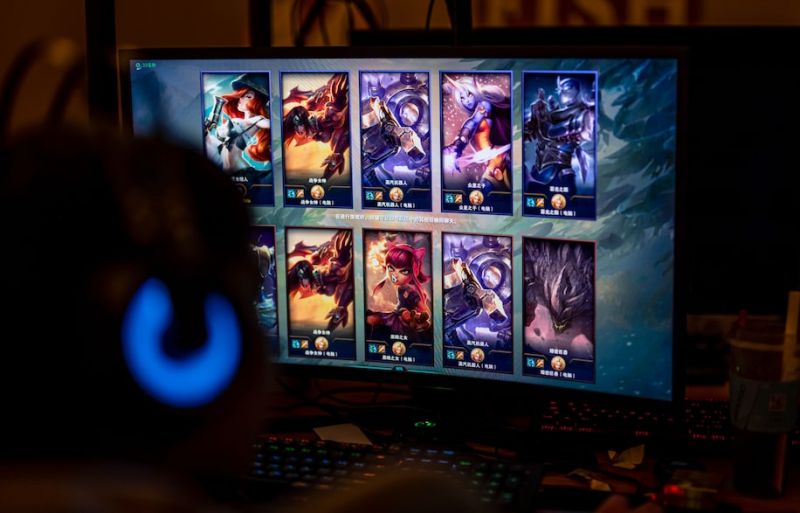
This week, China announced a law that would prohibit children younger than 18 from playing online video games during the school week and would limit their game time to no more than three hours on weekends. The announcement raised more than a few eyebrows among parents and researchers, and in some circles prompted gallows humor. (“Hmm, if only an authoritarian government could step in to limit my kids’ game time!”)
But as a parent and research psychologist who has been studying the uses and effects of video games for more than a decade, I found the news troubling.
We don’t need government regulation on leisure time. We need better media literacy on what games are and what they’re not, especially as they promise to remain the dominant form of media consumption in the 21st century. And parents need smarter solutions for finding a balance between their children’s digital and nondigital lives.
Video games have been scapegoated as a major cause of society’s ills for more than 40 years. While distrust of new media is nothing new — we’ve seen it with comic books, Dungeons & Dragons, the TV broadcast of Elvis’s swiveling hips — the moral panic around video games is the longest-standing of our generation.
At its heart are claims that video games create a population of addicted, aggressive, socially inept humans. But here’s the thing: None of these fears are supported by scientific evidence.
Chinese state media has called online gaming the “opium of the mind”. Perhaps it makes a good headline to equate video games with drugs. But video games are not illicit substances, and they don’t elicit anywhere near the same neurological response.
Playing video games does release dopamine, a feel-good neurotransmitter, because playing video games is an enjoyable activity. But video games do so at a level similar to that reached when a person consumes potato chips — not illicit drugs.
And although the World Health Organization moved to recognize “gaming disorder” in 2019, this categorization is not globally accepted and is being debated by researchers.
Much of the concern is driven by a lack of high-quality research. A systematic review published in 2020 concluded that of the almost 200 studies evaluating the links between gaming disorder and negative psychological outcomes (depression and anxiety), none were classified as reliable. That is, none of the studies met basic methodological standards from which to draw robust conclusions.
Are video games enticing? Yes. Are they fun? Yes. Are they addictive? Not in any traditional sense.
It’s also important to note that research has not found video games to have a significant negative impact on mental health. Restrictive public policy on video gaming — as in the case of China’s law — is based on the idea that games are having long-term negative effects on their players, in a uniform way. But research indicates that when it comes to the health impacts of gaming, there are more positive effects than negative ones.
Video games are fantastic vehicles for social connection, effective tools for education and excellent for stress relief and escapism (which aren’t inherently negative).
So why regulate something that research hasn’t found to be “addictive”, nor led to significantly bad outcomes — physical, social or psychological?
This regulatory approach comes not from an evidence-based perspective, but from one of moral panic. Moral panics are driven by the desire to find easy solutions to complex problems. But moral panics are often themselves a problem, as they deflect resources from determining the true underlying cause of actual problems — for example, going after video gaming as an instigator of mental health challenges rather than identifying it as a coping strategy for them.
Yes, it’s important that parents set limits on game time. But setting hard-and-fast rules is often ineffective because they don’t address the utility of the activity, individual differences (e.g., some people are better at regulating their time and behaviors than others) or how screens fit in with the balance of other activities in children’s lives.
I highly recommend the digital diet perspective, which suggests a more mindful approach to how we use digital media — for instance, by considering the type of media, its utility and the amount we consume. As a mom of three, I impose rules and strongly advocate for parents to remain active in overseeing video-game play in and out of the home. As a lifelong gamer, I love playing games with my children, but I also want it to be one of many things my children do.
Uniform restrictions on play are problematic at best and harmful at worst. Should video gaming be the only thing our children do? No. At the end of the day, it’s all about balance.
Rachel Kowert has a PhD in video-game psychology and is research director of Take This, a nonprofit that provides mental health information and resources to the gaming community and industry.
